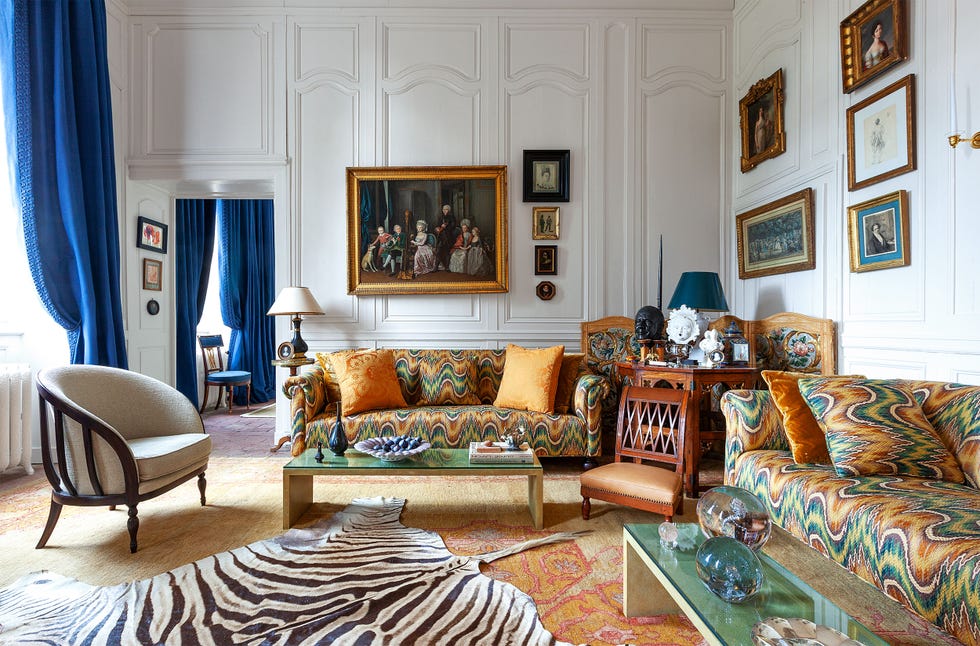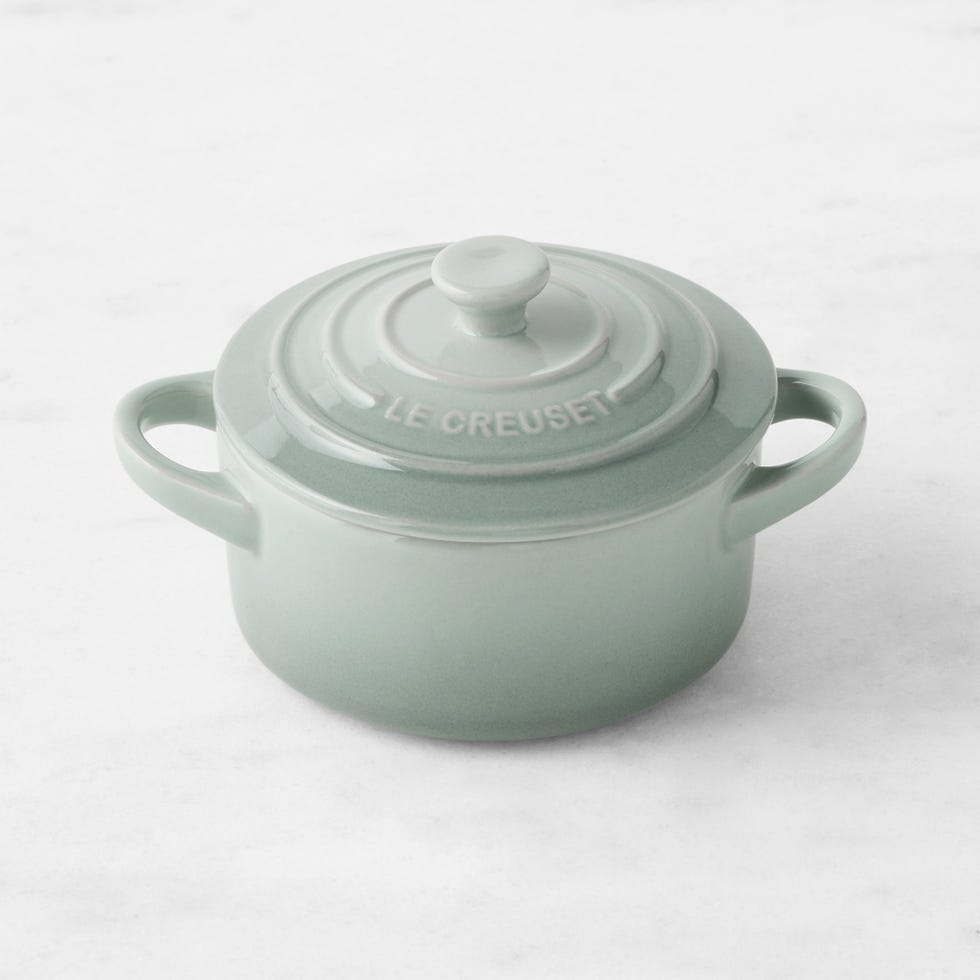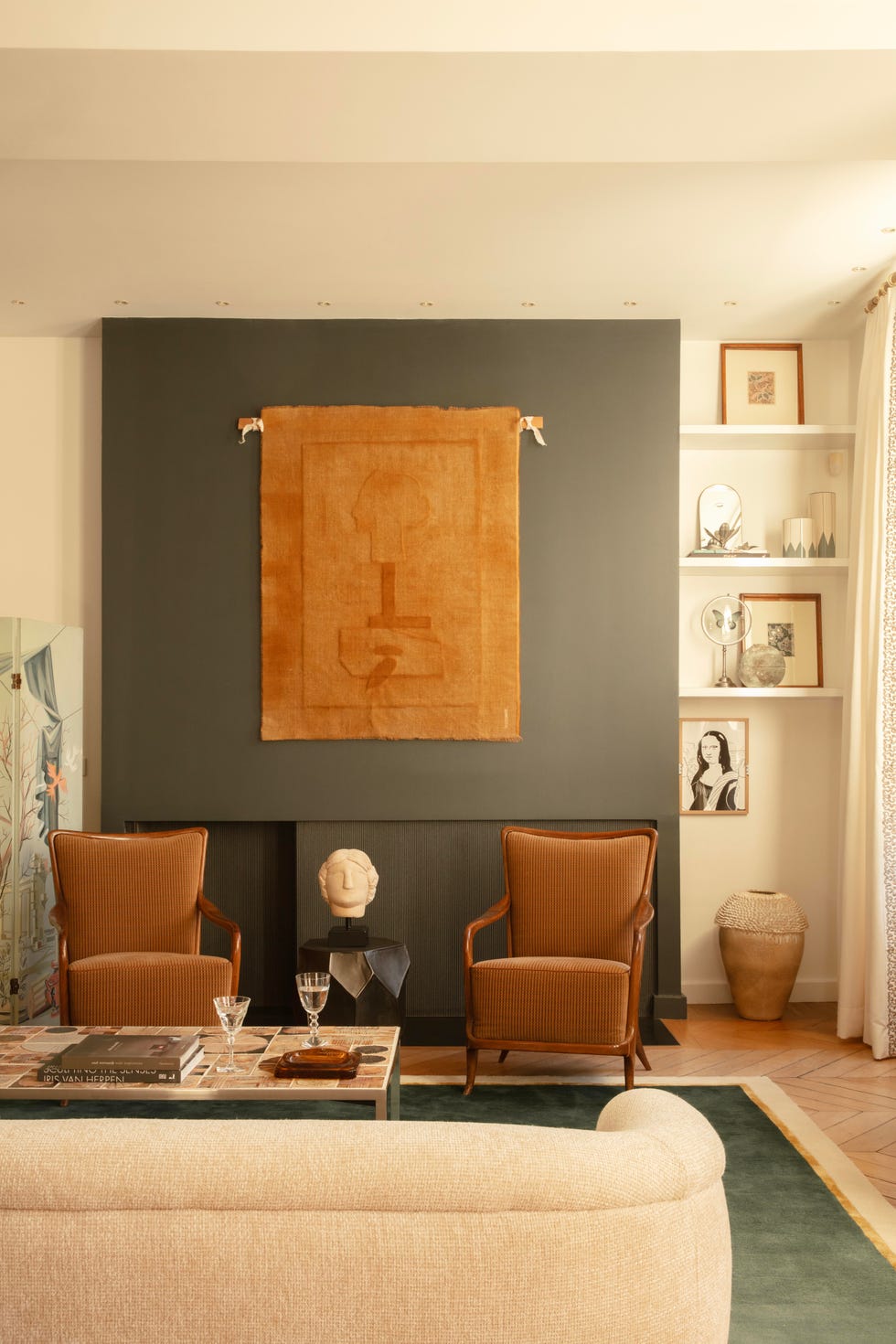Over the decades the Elle Decor A-List designer Robert Couturier has been active, he has counted among his clients some of the most highly resourced and discreet people in the world: aristocrats, industry leaders, creative geniuses. Out of them all, he remains the most impressive, with an eye that spans centuries with canniness and precision, whether he is judging a Biedermeier stool, a Bugatti chair, or an ancien régime chaise from the personal collection of a long dead European monarch. His work could not exist without innumerable rich, distinct histories, yet it is his persona that demands the most careful attention. He is wittier and funnier than you could imagine, with unshakable perspective and a mind as malleable and open to change as it is hyperrational. On the tails of a multiday Christie’s sale of the contents of his former Normandy home and shortly after his move uptown to Harlem, we sat down to discuss what moving on means for him.
ELLE Decor: We published your house in Normandy in our March 2024 issue. It was a house that represented, in many ways, the closing of a circle that you started in childhood. It seemed to represent your past as much as your present. How did you understand that house in the arc of your career and life? What did it mean to you?
Robert Couturier: It was sort of a dream, obviously. A dream and a continuation of something that had to do with my grandmother. It was about being French! The fact is, all the things that furnished the house, which subsequently got sold, were things I had probably bought while thinking about my grandmother and our life back then. The house might have been a reflection of my dream self, and therefore it was easier to let go of, because it might not have had anything to do with who I actually am. Although who you dream you were does have a lot to do with who you are.
ED: Do you think if you had grown up with more scarcity you would have a different perspective?
RC: Absolutely. My grandmother would have thought it was a little middle class to regret things that were gone. Coming from so much, what’s there to regret? You have to find value in yourself and your sense of self-worth. You must be able to live through life, rather than through things. Things are always disappointing. They can be lost, stolen, broken. The only thing you can rely on is people, your friends, feelings, yourself.
ED: It seems that the quality of your life improved by bringing certain attachments to an end and welcoming new energy into your life. Necessary endings and new beginnings. Do the same lessons pertain to a house? When you finish a project or a home, do you usually have a philosophical recap of what the house, or decorating the house, meant to you?
RC: When you do a project for a client, it is detached from how you feel about yourself or the world. The more jobs and houses I do, the more people I work for, the better I become. I get to see another side of humanity that I didn’t know before. I learn from all my clients and am very grateful to learn from them. I try to not repeat anything, so it feels new every time. It enriches me and my perception and my world by doing things that are different all the time. It’s so much more satisfying.
ED: What would you say to people who assume decorators are obsessed with things?
RC: I think it’s a misrepresentation. Elegance has nothing to do with money. If we were so obsessed with things, we wouldn’t be good decorators, because the principle of what we do requires us to let go. We buy things we love for clients, and then we let them go because they are not ours. I was never obsessed with owning things, but I do love being surrounded by things. Everything is replaceable, but what is left of the goods the ancient Romans made? Nothing. No human product survives. The idea you can invest in furniture and get your money back is ridiculous.
ED: After destruction we rebuild. After we build, we decorate. What is your advice when a friend begins renovating or starts entirely anew?
RC: Look at things in a new way, because the space to which you move will have to be different from the space you are leaving. If you’ve lived in a space for a long, long time, you’ve accumulated things that are not that necessary. It’s important to look and see what you want and what you don’t want. I think that it’s good to clean up when you move. Look at things in a completely different way. Do you really like those colors? Do you really like those shapes? It’s very important to ask yourself questions. When you start completely new and have nothing anymore, ask yourself what is it you really like? What is it you really want? Be honest with yourself. That’s the thing about doing this house on 137th Street. My partner now has a much freer interpretation of things, because he doesn’t have the heft of my kind of inheritance: specific ways in which you are supposed to do things.
ED: Do you think control and self-control are related to a person’s ability to let go?
RC: Hugely. I probably learned that from my grandmother. She lost so much throughout her life and lost everything with such dignity and always refused to complain. She even found some humor in it. I found that so wonderful. I asked her why she didn’t try to get back what she lost in the war. She said, ‘No, I don’t care. It’s not worth it.’ That is probably why I see so little importance in hanging on to things. It’s not that I don’t respect the things that I love, they just are not important enough.
ED: What is important?
RC: People. Relationships. Love. The rest is unimportant.





